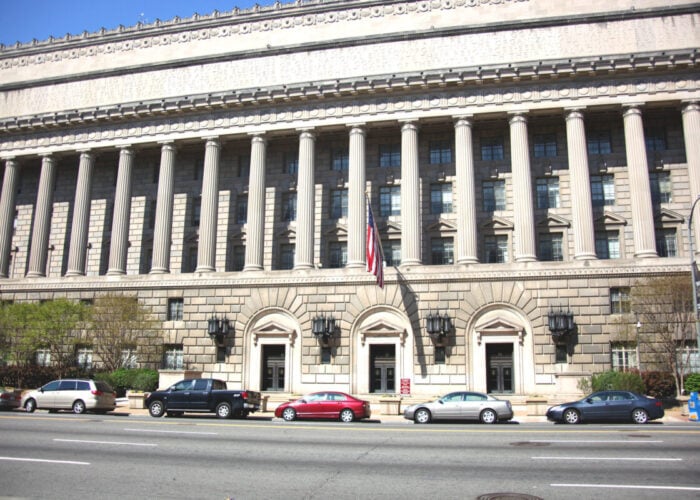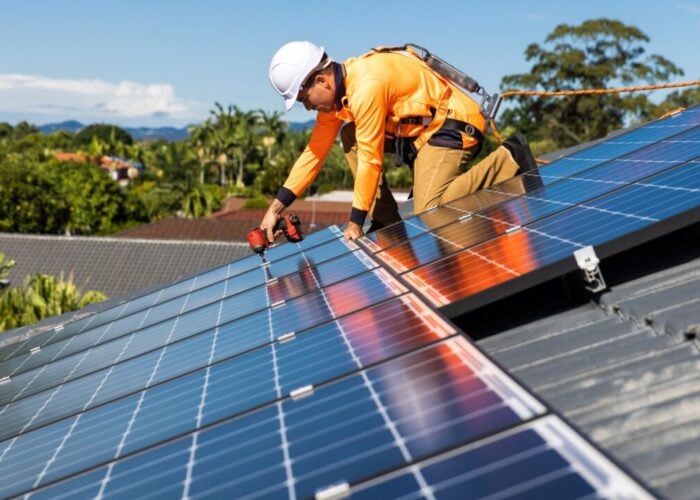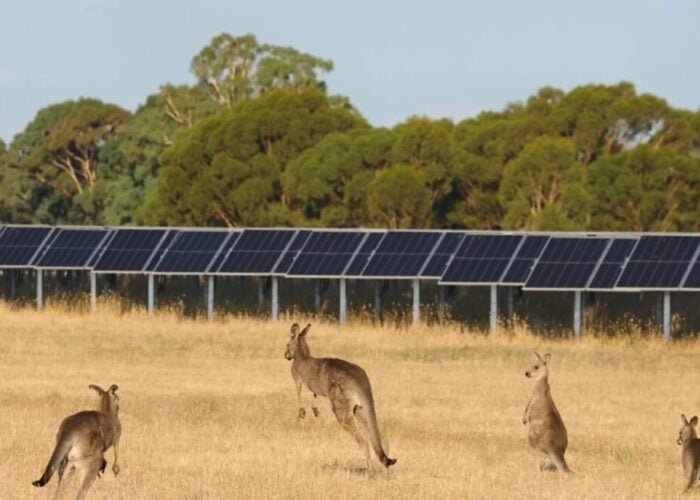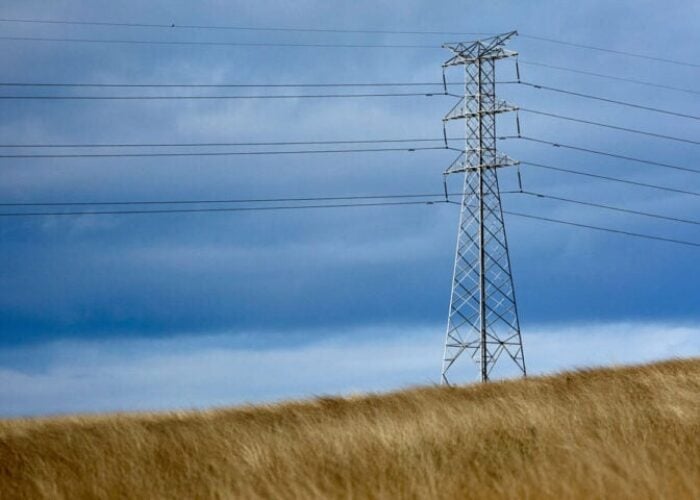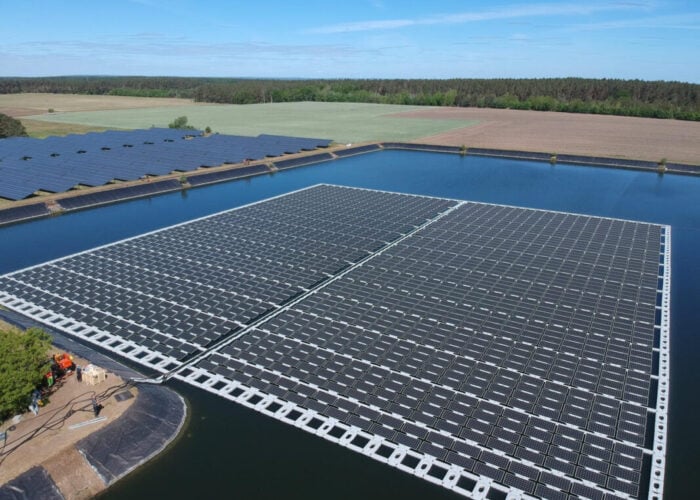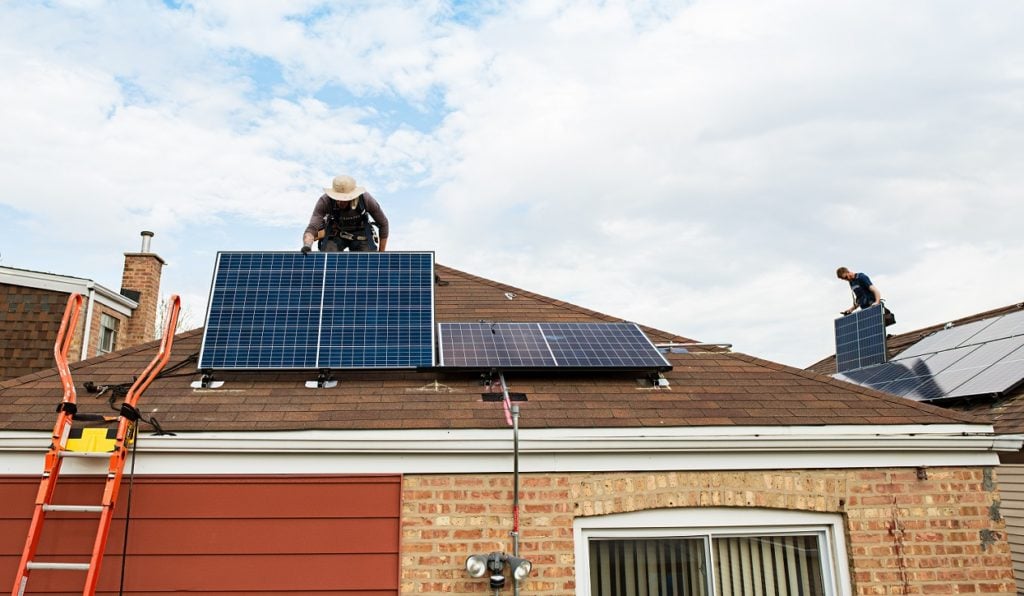
Mississippi authorities have expanded the state’s net metering programme to improve total compensation rates for solar customers and prioritise the adoption of distributed PV for low- to moderate-income (LMI) households.
New net metering rules released earlier this week by the Mississippi Public Service Commission (PSC) will see investor-owned utilities in the state offer a one-time US$3,000 upfront cash rebate to eligible residential customers who purchase a renewable distributed energy facility sized at 3kW – 6kW for use, at least in part, for self-supply.
Unlock unlimited access for 12 whole months of distinctive global analysis
Photovoltaics International is now included.
- Regular insight and analysis of the industry’s biggest developments
- In-depth interviews with the industry’s leading figures
- Unlimited digital access to the PV Tech Power journal catalogue
- Unlimited digital access to the Photovoltaics International journal catalogue
- Access to more than 1,000 technical papers
- Discounts on Solar Media’s portfolio of events, in-person and virtual
The facility size was selected to prioritise and incentivise customer adoption of renewable facilities that are primarily for self-supply rather than small-capacity generators looking to maximize excess energy sales, according to the PSC.
While the commission has not made any changes to net metering compensation – which remains at 2.5 cents/kWh – it believes an upfront rebate could be more effective in enhancing low-income solar adoption than a per-kWh price increase because of the reduced availability of capital and funding to low-income customers.
The PSC said it has designed a rebate framework it believes “will meaningfully enhance both access to and the adoption of distributed generation by the currently underrepresented low-income segment of customers”.
The changes have been welcomed by trade body the Solar Energy Industries Association (SEIA), which said that while it is disappointed the PSC did not offer the full retail rate for net metering, the order will move Mississippi’s solar policy forward.
“The net metering programme now covers Mississippi households that are 250% of the federal poverty line and below, which will help even more Mississippians experience the cost-saving benefits of solar energy,” said Will Giese, Southeast regional director at SEIA.
Giese said that PSC’s decision-making process “shows that Mississippi can be a regional leader for clean energy programs in the Southeast”.
In terms of larger scale solar projects, the PSC plans to establish a separate rulemaking proceeding to consider rules and standards applicable to community solar.

